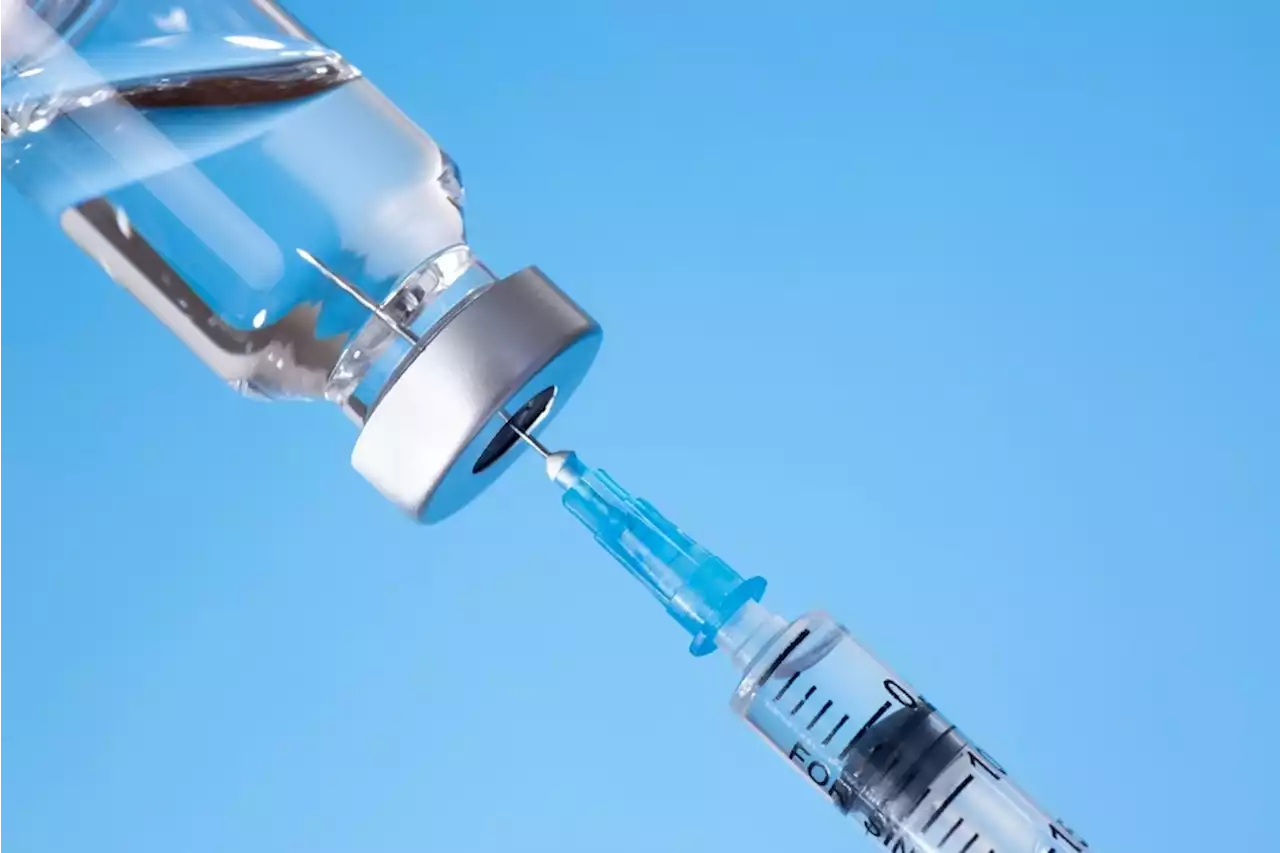scRNA-seq of SARS-CoV-2 infected lung organoids finds NFKB Inhibitor Alpha increased in infected cells ACE2 Coronavirus Disease COVID Inflammation biorxivpreprint GladstoneInst UCSF czbiohub UCBerkeley WeizmannScience
By Dr. Priyom Bose, Ph.D.Aug 4 2022Reviewed by Benedette Cuffari, M.Sc. The ongoing coronavirus disease 2019 pandemic has significantly affected global healthcare systems and economies. Since the beginning of the pandemic, which was caused by the emergence of the severe acute respiratory syndrome coronavirus 2 , researchers have been continually investigating the replication mechanisms of this virus.
Previous studies have reported that SARS-CoV-2 primarily replicates in airway epithelial cells, which express high levels of the ACE2 receptor. As compared to the high level of ACE2 expression observed in the airways and lungs, the alveolar space exhibits a much lower level of ACE2 expression. Viral proteins have been detected in the airway epithelium and lung tissues of COVID-19 patients. Although ciliated cells appear to be natural targets of SARS-CoV-2, viral proteins have also been detected in basal and secretory cells in both in vivo and ex vivo infections.
Since the original strain of SARS-CoV-2 was detected in 2019, it has undergone genomic mutations that have led to the emergence of several SARS-CoV-2 variants. These variants have been classified as variants of concern and variants of interest by the World Health Organization . Transcriptional profiling of secretory goblet cells, club cells, and basal cells was also conducted. These cells exhibited common transcriptional changes, thus indicated by clustering following infection by SARS-CoV-2 variants.
This incomplete feedback loop in NF-κB could represent the ongoing race between SARS-CoV-2 and the host. Although a high rate of NFKBIA transcripts is present, continual upregulation of antiviral NF-κB signaling in the host due to the persistent presence of the virus affects the feedback loop. Additionally, continual synthesis of IκBα protein through constant degradation of the IκBα inhibitor affects viral replication.
Ireland Latest News, Ireland Headlines
Similar News:You can also read news stories similar to this one that we have collected from other news sources.
 Large-scale serological survey of SARS-CoV-2 in multiple rodent species across EuropeLarge-scale serological survey of SARS-CoV-2 in multiple rodent species across Europe biorxivpreprint helsinkiuni GUMedGdansk umontpellier UAntwerpen SARSCoV2 COVID19 coronavirus covid rodents
Large-scale serological survey of SARS-CoV-2 in multiple rodent species across EuropeLarge-scale serological survey of SARS-CoV-2 in multiple rodent species across Europe biorxivpreprint helsinkiuni GUMedGdansk umontpellier UAntwerpen SARSCoV2 COVID19 coronavirus covid rodents
Read more »
 Large-scale serological survey of SARS-CoV-2 in multiple rodent species across EuropeLarge-scale serological survey of SARS-CoV-2 in multiple rodent species across Europe biorxivpreprint helsinkiuni GUMedGdansk umontpellier UAntwerpen SARSCoV2 COVID19 coronavirus covid rodents
Large-scale serological survey of SARS-CoV-2 in multiple rodent species across EuropeLarge-scale serological survey of SARS-CoV-2 in multiple rodent species across Europe biorxivpreprint helsinkiuni GUMedGdansk umontpellier UAntwerpen SARSCoV2 COVID19 coronavirus covid rodents
Read more »
 A combined influenza and COVID-19 mRNA vaccineA combined influenza and COVID-19 mRNA vaccine Coronavirus Disease COVID Efficacy Influenza MessengerRNA mRNA Vaccine Nature
A combined influenza and COVID-19 mRNA vaccineA combined influenza and COVID-19 mRNA vaccine Coronavirus Disease COVID Efficacy Influenza MessengerRNA mRNA Vaccine Nature
Read more »
 Despite setbacks, HIV can be beatenThere is no lack of ideas about how to cure those already infected.. The problem is HIV’s life cycle
Despite setbacks, HIV can be beatenThere is no lack of ideas about how to cure those already infected.. The problem is HIV’s life cycle
Read more »
 Rapid, at-home prototype saliva test that's as good as RT-PCRAt-home COVID-19 tests have become an easy way to self-diagnose. But current tests have drawbacks, such as the length of time it takes to get an answer, or how accurately the test can identify a positive case. And most of them require the uncomfortable procedure of sticking a swab up one's nose. Now, researchers reporting in ACS Sensors have developed a SARS-CoV-2 saliva assay and prototype device that combine speed and ease with high sensitivity.
Rapid, at-home prototype saliva test that's as good as RT-PCRAt-home COVID-19 tests have become an easy way to self-diagnose. But current tests have drawbacks, such as the length of time it takes to get an answer, or how accurately the test can identify a positive case. And most of them require the uncomfortable procedure of sticking a swab up one's nose. Now, researchers reporting in ACS Sensors have developed a SARS-CoV-2 saliva assay and prototype device that combine speed and ease with high sensitivity.
Read more »
